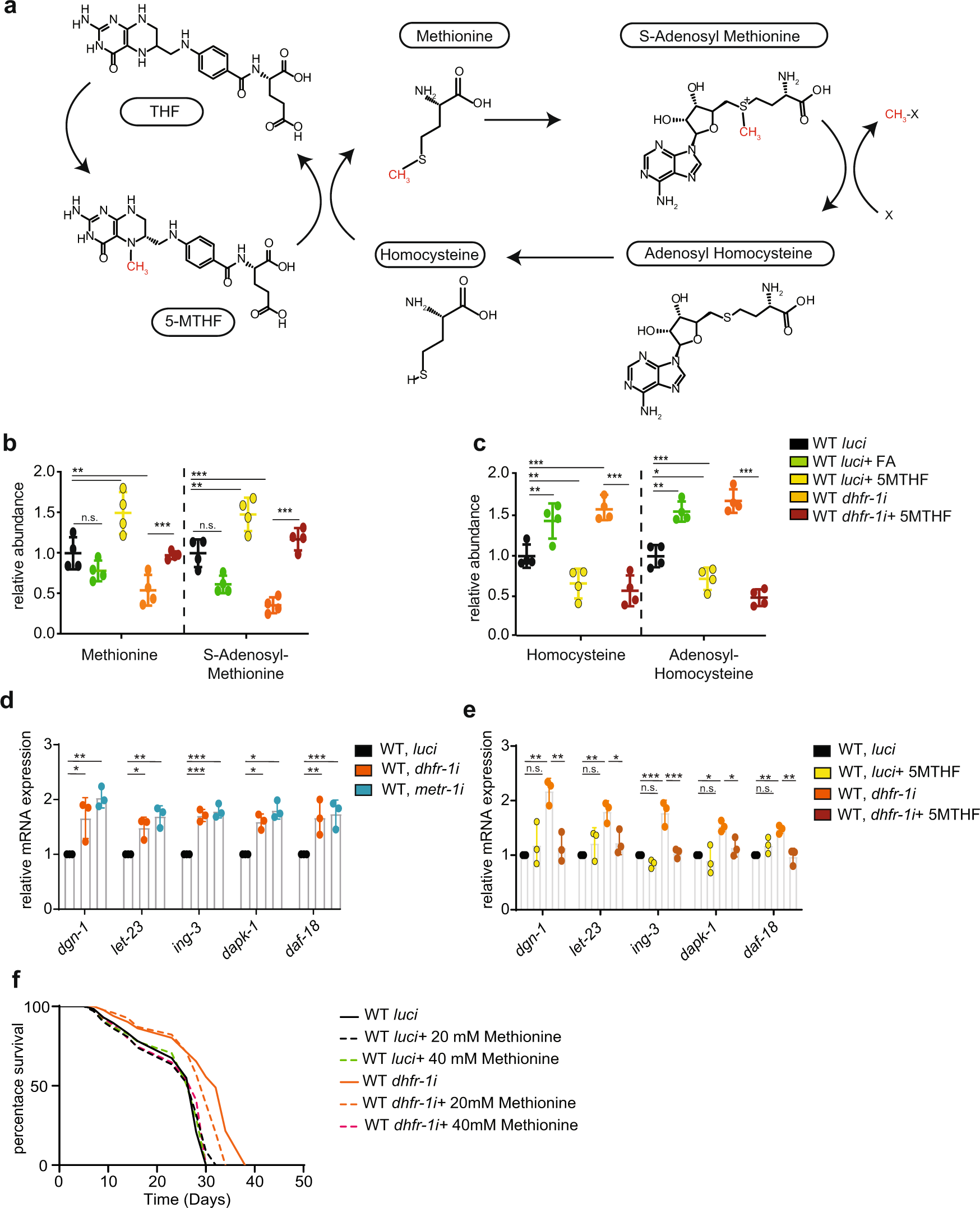
Several different causes of ageing have been discovered, but the question remains whether there are common underlying mechanisms that determine ageing and lifespan. Researchers from the Max Planck Institute for Biology of Ageing and the CECAD Cluster of Excellence in Ageing research at the University Cologne have now come across folate metabolism in their search for such basic mechanisms. Its regulation underlies many known ageing signalling pathways and leads to longevity. This may provide a new possibility to broadly improve human health during ageing.
In recent decades, several cellular signalling pathways have been discovered that regulate the lifespan of an organism and are thus of enormous importance for a...
Read More









Recent Comments